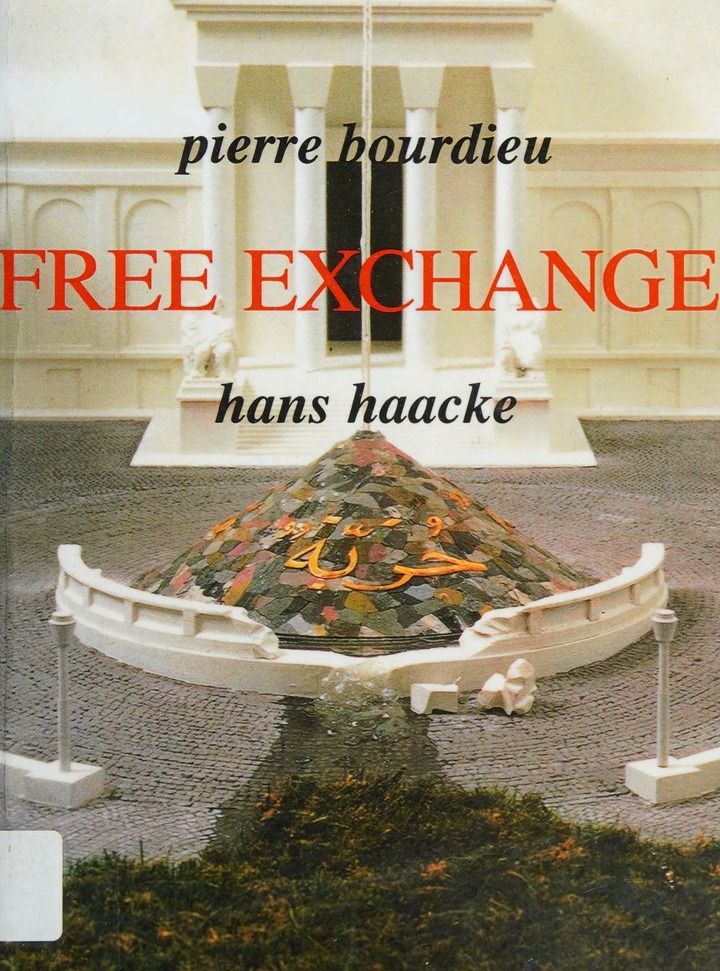Shanthi Kalathil, Taylor C. Boas: Open Networks, Closed Regimes: The Impact of the Internet on Authoritarian Rule (2003)
Filed under book | Tags: · censorship, e-government, human rights, internet, mass media, politics

As the Internet diffuses across the globe, many have come to believe that the technology poses an insurmountable threat to authoritarian rule. Grounded in the Internet’s early libertarian culture and predicated on anecdotes pulled from diverse political climates, this conventional wisdom has informed the views of policy makers, business leaders, and media pundits alike. Yet few studies have sought to systematically analyze the exact ways in which Internet use may lay the basis for political change.
In Open Networks, Closed Regimes, the authors take a comprehensive look at how a broad range of societal and political actors in eight authoritarian and semi-authoritarian countries employ the Internet. Based on methodical assessment of evidence from these cases—China, Cuba, Singapore, Vietnam, Burma, the United Arab Emirates, Saudi Arabia, and Egypt—the study contends that the Internet is not necessarily a threat to authoritarian regimes.
Publisher Carnegie Endowment for International Peace, Washington DC, 2003
Global Policy Books series
ISBN 0870031945, 9780870031946
217 pages
Pierre Bourdieu, Hans Haacke: Free Exchange (1994–)
Filed under book | Tags: · art, censorship, contemporary art, institutional critique, multiculturalism, sociology, sociology of art

“How can we affirm the independence of critical artists and intellectuals when confronted by the new crusaders of Western culture, the neoconservative champions of morality and good taste, the sponsorship of multinationals and the patronage theorists who have lost all touch with reality? How can we safeguard the world of free exchange which is and must remain the world of artists, writers and scholars?
These are some of the questions discussed by the leading social thinker Pierre Bourdieu and the artist Hans Haacke in this remarkable book. Their frank and open dialogue on contemporary art and culture ranges widely, from censorship and obscenity to the social conditions of artistic creativity. Among the examples they discuss are the controversies surrounding the exhibition of photographs by Robert Mapplethorpe and Andres Serrano, the debates concerning multiculturalism and ethnic diversity, and the uses of art as a means of contesting and disrupting symbolic domination. They also explore the central themes of Hans Haacke’s work, which is used to illustrate the book.
Free Exchange is a timely intervention in current debates and a powerful analysis of the conditions and concerns of critical artists and intellectuals today.”
First published in French as Libre-échange, Éditions de Seuil/les presses du réel, 1994
Publisher Polity Press, Cambridge, UK, in association with Blackwell Publishers, 1995
ISBN 0745615228, 0745615228
144 pages
Reviews: Jennifer Peterson (Chicago Review), Vincent Dubois (Politix, FR).
PDF (no OCR, black&white)
PDF (no OCR, added on 2023-8-10)
Philip N. Howard: The Digital Origins of Dictatorship and Democracy: Information Technology and Political Islam (2010)
Filed under book | Tags: · 1990s, 2000s, censorship, democracy, internet, iran, islam, politics, technology

– First book to move beyond potential and hypothetical relationships between technology diffusion and democratic transitions to look at lived experiences for countries under study
– Draws on a statistical study that compares data trends across 74 Muslim countries between 1990 and 2008
– Addresses 2009 presidential elections in Iran
Around the developing world, political leaders face a dilemma: the very information and communication technologies that boost economic fortunes also undermine power structures. Globally, one in ten internet users is a Muslim living in a populous Muslim community. In these countries, young people are developing their political identities–including a transnational Muslim identity–online. In countries where political parties are illegal, the internet is the only infrastructure for democratic discourse. In others, digital technologies such as mobile phones and the internet have given key actors an information infrastructure that is independent of the state. And in countries with large Muslim communities, mobile phones and the internet are helping civil society build systems of political communication independent of the state and beyond easy manipulation by cultural or religious elites.
This book looks at the role that communications technologies play in advancing democratic transitions in Muslim countries. As such, its central question is whether technology holds the potential to substantially enhance democracy. Certainly, no democratic transition has occurred solely because of the internet. But, as Philip Howard argues, no democratic transition can occur today without the internet. According to Howard, the major (and perhaps only meaningful) forum for civic debate in most Muslim countries today is online. Activists both within diasporic communities and within authoritarian states, including Iran, Saudi Arabia and Pakistan, are the drivers of this debate, which centers around issues such as the interpretation of Islamic texts, gender roles, and security issues. Drawing upon material from interviews with telecommunications policy makers and activists in Azerbaijan, Egypt, Tajikistan and Tanzania and a comparative study of 74 countries with large Muslim populations, Howard demonstrates that these forums have been the means to organize activist movements that have lead to successful democratic insurgencies.
Publisher Oxford University Press, 2010
ISBN 0199736413, 9780199736416
285 pages
review (Evgeny Morozov)
PDF (updated on 2012-11-11)
Comment (0)
